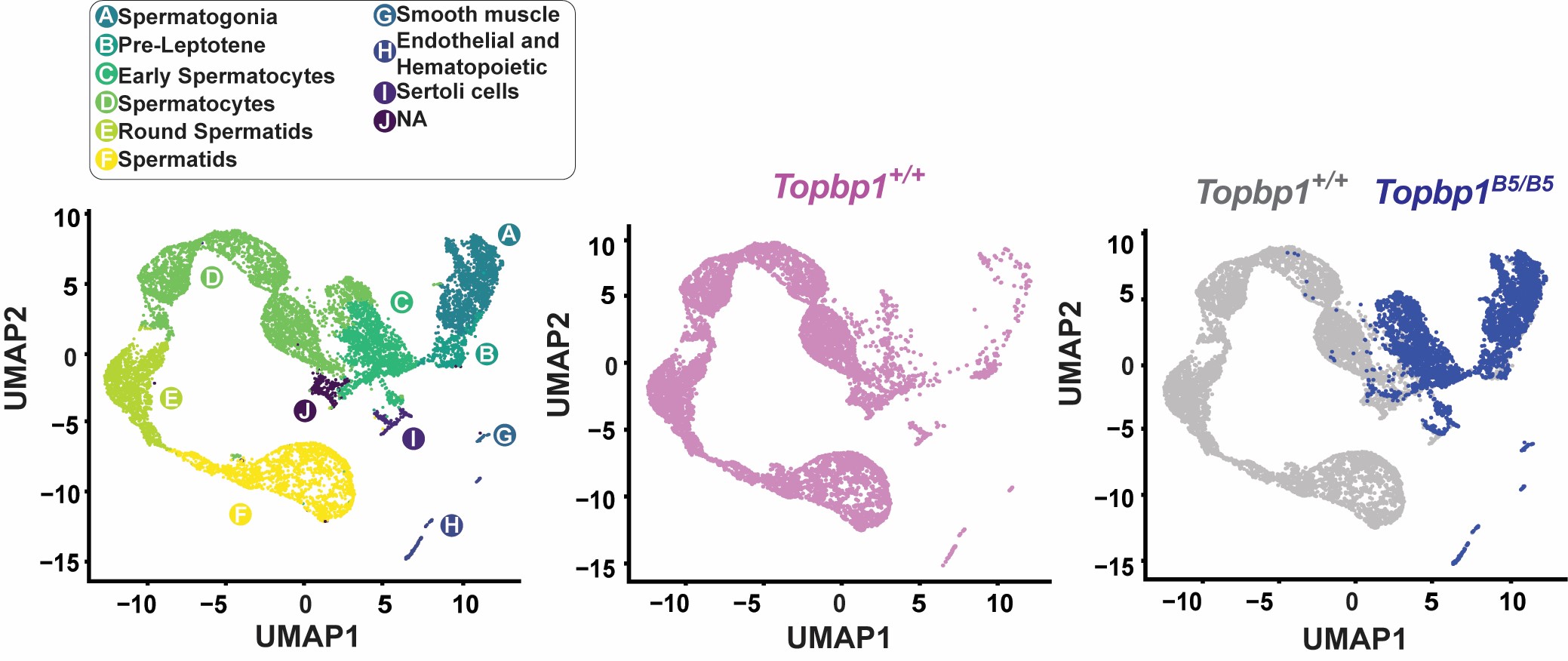Sallie R. Permar, MD, PhD
- What aspect of your research are you most excited about right now?
- I am very excited about recent discoveries and new resources bringing us closer to a vaccine for cytomegalovirus (CMV), an understudied yet common virus which is a leading cause of birth defects and brain damage. CMV is transmitted when a pregnant person is exposed to CMV and passes the virus through the placenta to the fetus. Over the past few years, we have been able to better define immune responses that protect against congenital CMV infection and are exploring new models for vaccine testing. We are also defining immune responses associated with protection against mother-to-child HIV transmission and are testing infant HIV vaccines in preclinical nonhuman primate models. Also, working as an infectious disease researcher during the COVID-19 pandemic has been especially rewarding, not only in contributing to the SARS-CoV-2 vaccine research effort, but also being available for children and their families through community advocacy and education, answering questions and alleviating fears around vaccination and infection.
- What inspired you to study reproduction, in general?
- During medical school, I visited a mission hospital in rural Zambia and firsthand saw mothers and their children dying from AIDS. Treatments were not yet available there, and witnessing this devastating situation left a profound impression on me. I returned from that experience immediately inspired to become a vaccinologist, to improve the lives of families, particularly mothers and children.
- When you’re not doing research, what are your hobbies or non-work-related interests?
- Spending time with my husband and children, and exploring New York City’s many offerings, including Broadway. And getting my steps in taking long walks through the neighborhoods!
- What is the most valuable piece of advice you’ve received over your research career?
- Crawl, walk, run… fly! This is a great strategy for initiating new experiments in the lab – start small to ensure systems are working, and then move those experiments quickly to make the impact you are seeking!
- Ideally, how do you envision your research contributing to the broader field of reproduction (be it societal, ecological, etc.)?
- Our research in mother-to-child transmission of viruses and vaccine protection has promising implications for a better understanding of the placenta barrier and viral transmission across barriers in general. We are also exploring other sources of immunity, as well as virus transmission, such as breast milk. As a pediatric researcher, the SARS-CoV-2 pandemic has underscored the importance of rapid development and clinical testing of novel pediatric vaccines alongside adult trials. As a pediatrician and as a researcher, I see children are often left out of the early priorities in research and in policymaking. I hope our team’s passion and focus inspires the next generation of pediatricians to become pediatrician-scientists to ensure children remain a priority in research.




